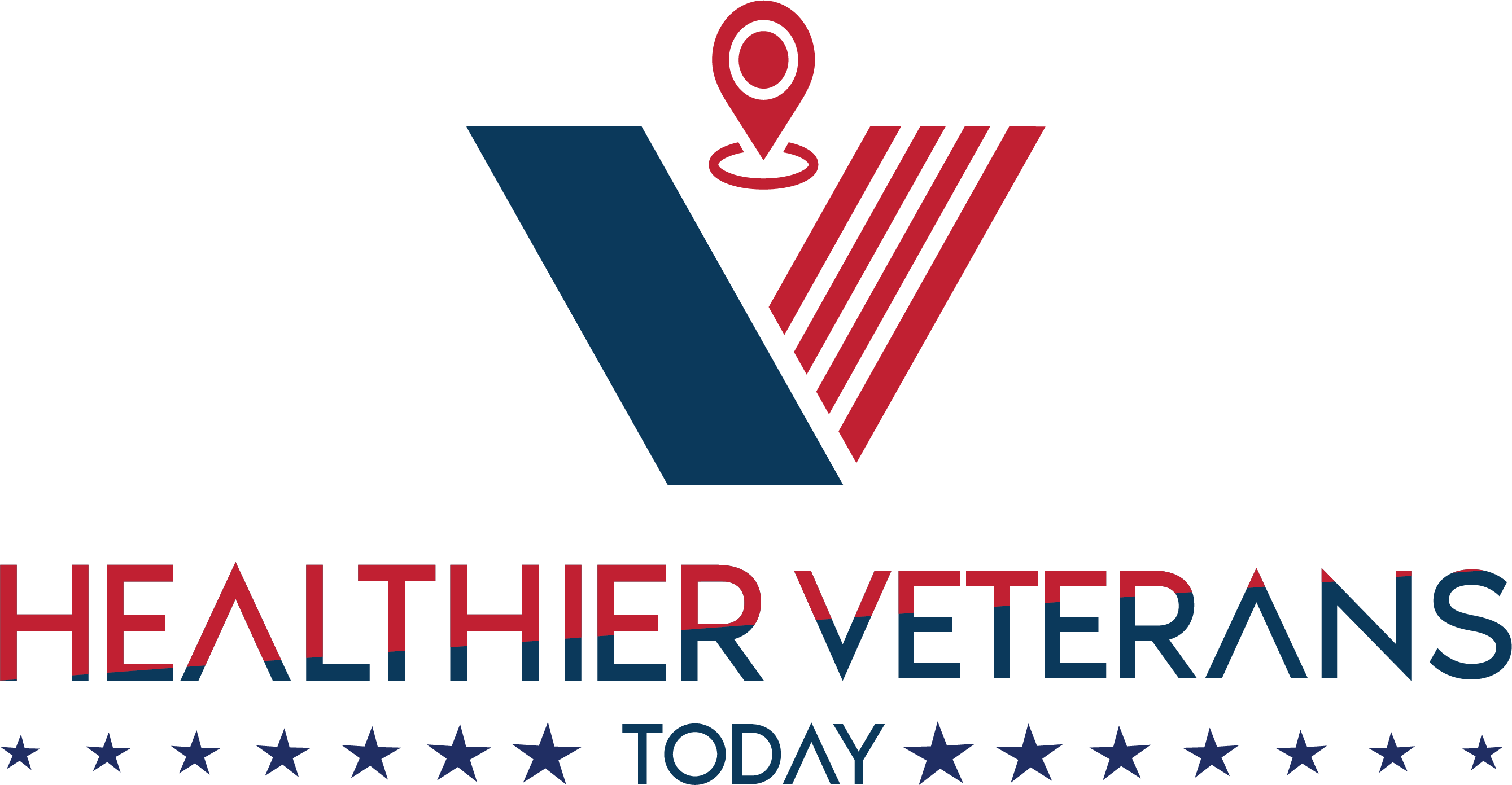TBI is often referred to as a “silent epidemic” that veterans face in high-stress situations and combat. This is why TBI awareness is crucial!
Want to know more about it? This article discusses the importance of raising awareness, what it is, different symptoms, causes, diagnosis, treatments, support systems, and even prevention tips.
Table of Contents
Importance of TBI Awareness

TBI awareness is essential for early detection. By raising awareness, veterans are able to recognize signs in both themself and their peers which leads to an improved quality of life. But what is it? The next section discusses what you should know about TBI.
What is Traumatic Brain Injury?
Traumatic brain injury, also known as TBI, is an injury that disrupts brain function. There are three types: mild, moderate, and severe. Let’s examine how each is different next.
Types of TBI
- Mild: This is often due to a concussion. Symptoms don’t last long and resolve over time.
- Moderate: The cause is typically worse than a concussion and can have some lasting effects.
- Severe: It’s categorized by amnesia or prolonged unconsciousness, which can impair your cognitive and physical functions.
Symptoms
According to the Department of Veterans Affairs, thousands of veterans suffer from TBI, but many cases go unrecognized and, therefore, untreated. Symptoms can help you detect it early. Here is a breakdown of the different symptoms and when they start showing:
Immediate Symptoms
- Loss of consciousness
- Confusion
- Dizziness
- Balance issues
Delayed Symptoms
- Persistent headaches
- Memory problems
- Difficulty concentrating or making decisions
- Irritability or mood swings
Long-Term Effects
- Cognitive impairments
- Anxiety
- Depression
- Risk of neurodegenerative diseases
Causes and Risk Factors

Because veterans have to fight for their country, their risk for injuries is much greater, but they aren’t the only factors that contribute to TBI. Let’s take a look at each one!
- Combat-related issues: Things like blasts from explosives and gunfire can cause trauma to the head, which can lead to a mild, moderate, or severe type of TBI.
- Causes unrelated to combat: Risks beyond the battlefield can include falls and car accidents.
- Risk factors: Previous head injuries can also lead to TBI.
Diagnosis and Assessments
Medical attention is extremely important when it comes to TBI. Healthcare professionals will do some physical exams and ask you questions to determine whether you have a traumatic brain injury.
Here are some common tests:
- CT scans: This is to see if you have bleeding or swelling in the brain.
- MRI: It provides detailed images of the brain, which can help assess the damage.
Treatments

There are a bunch of treatments that can help this condition. They involve medical treatments, rehabilitation, and some self-care. Here is a better look at each of them:
Medical
Doctors often prescribe medication to help you manage the pain and some of your cognitive symptoms. But sometimes surgery is needed to alleviate brain pressure.
Rehabilitation
Although medical attention is needed, TBI should also be treated with some rehabilitation. Here are the different types and what they are good for:
- Physical therapy: This is to improve mobility and balance.
- Occupational therapy: Helps veterans return to their daily activities.
- Cognitive therapy: It’s to help with memory and concentration.
Self Care
Want some strategies to take care of your TBI? These tips can help you:
- Get in enough sleep
- Exercise your brain
- Eat healthy
- Exercise
Support Systems and Resources
Some organizations offer both support and resources for veterans with TBI so that you don’t have to face it alone. It can affect you emotionally, too, but there is counseling to help you navigate your feelings through this.
Peer support is another great way to deal with your TBI. Peers understand what you have gone through. Therefore, they provide a safe space to talk about it and make you understand that you are not alone. Reading “You’re not alone” is not always accompanied by the feeling. So, go and join a support group.
Prevention and Safety Measures
TBI can be life-threatening or result in disability. So, taking precautions is crucial, especially for those in dangerous environments that are full of accidents waiting to happen.
Here is how you can do that:
- Use protective gear during high-risk activities
- Use safety belts while in a car
- Avoid risks like jumping from heights
- Create a safe environment
Conclusion

Traumatic brain injury affects the lives of veterans immensely, which is why it’s so important to spear TBI awareness. This helps veterans detect it early and get the help they need before it’s too late. Treatments often include medication, rehabilitation, self-care, and sometimes surgery. This relieves pressure on the brain.
If you or any of your peers suspect that you have TBI – seek medical attention immediately. It could just save your life!





